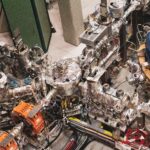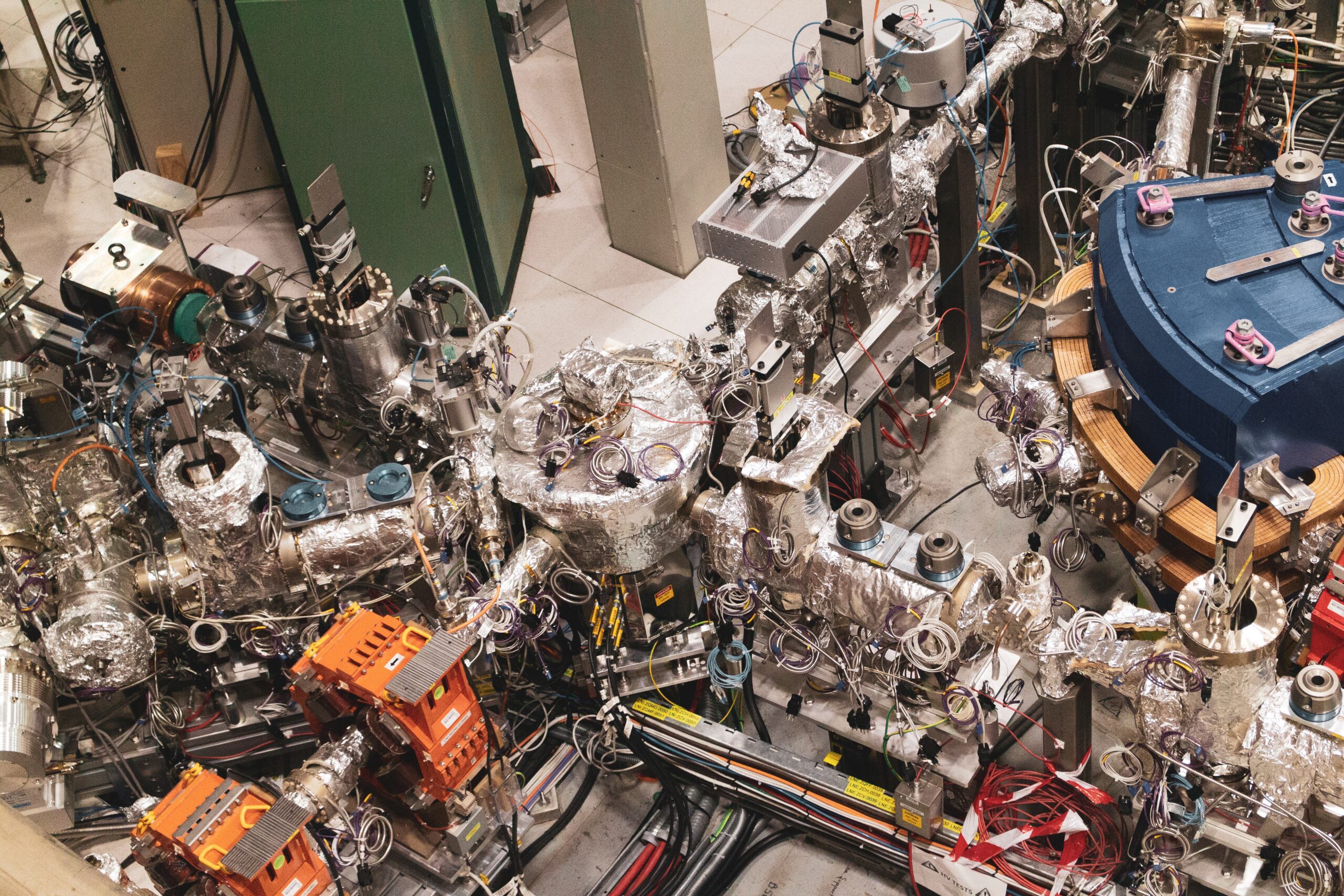The energy crisis will also stop the particle accelerator at CERN in Geneva. No research.


The energy crisis in Europe is not only upsetting businesses and household finances, it is also hitting the heart of crucial scientific experiments and research and driving us into a veritable dark age.
The European Organization for Nuclear Research (CERN), the largest particle physics laboratory in the world and home to the Large Hadron Collider, could shut down some accelerators and even put the LHC to rest to ensure network stability in neighboring regions. French and Swiss following the severe energy crisis in Europe, Serge Claudet, president of CERN's energy management group, told the Wall Street Journal.
Europe is experiencing an unprecedented energy crisis, due to the disruption of Russian gas supplies through the Nord Stream pipeline, poor nuclear power generation in France, the energy crisis in Switzerland and the skyrocketing gas prices and electricity.
Large European industrial companies have already announced the closure of plants or production lines due to soaring gas and energy prices, while European governments are working out plans to potentially ration the supply of gas to industries based on their specific priorities. The crisis escalated late last week, when Russian gas giant Gazprom said Friday, after three days of maintenance, that Nord Stream would remain closed until "operational defects in the equipment were eliminated," raising the stakes in its gas war against Europe.
For most European governments, the indefinite suspension of Russian gas flows through the main pipeline to Germany came as no surprise: they expected such a move from Putin. But that doesn't make it easier for the EU to provide light and heat this winter. Switzerland and France – whose networks are used by CERN to power the supercollider and seven other particle accelerators for the study of matter and two decelerators for the study of antimatter – are among the most affected.
Switzerland has admitted that this winter it may be forced to use oil for electricity generation, as Europe is struggling with low levels of Russian natural gas supply, which could be further reduced or stopped altogether. .
In France, last month forecast-year electricity prices jumped to $ 1,001 (€ 1,000) per megawatt hour for the first time ever. Electricity prices in France have increased tenfold over the past year, as the drought and heat this summer exacerbated nuclear power generation problems at their worst. EDF will restart all of its nuclear reactors in the country this winter, French Minister for Energy Transition Agnès Pannier-Runacher said last week. Currently, more than half of EDF's reactors are out of service due to maintenance or technical problems.
One of EDF's largest customers is none other than CERN, which uses 1.3 terawatt hours of electricity per year. This is enough energy to power 300,000 UK homes for one year. In consumption peaks, usually from May to mid-December, CERN uses about 200 MW, equal to about one third of the energy used to power the nearby city of Geneva, Switzerland.
From May to mid-December is the period of activity of the Large Hadron Collider, the largest and most powerful particle accelerator in the world, which ten years ago discovered the existence of the Higgs boson which gives mass to elementary particles. The collider was restarted in July after a three-and-a-half-year hiatus for upgrade work.
However, due to the energy crisis, CERN is considering how to disable the world's most powerful collider.
"Our concern is the stability of the network, because we do everything possible to avoid a blackout in our region," Claudet told the Journal.
CERN and its electricity supplier, EDF, are discussing the possibility of implementing daily grid instability alerts at the research complex to determine when it would be necessary to save energy and use less electricity, the group leader told the WSJ. of CERN energy management. The organization will shut down other accelerators first, before eventually having to resort to shutting down the world's largest particle accelerator, he added. By shutting down some of the other accelerators, CERN could reduce energy consumption by 25%.

Thanks to our Telegram channel you can stay updated on the publication of new articles of Economic Scenarios.
The article The energy crisis will also stop the particle accelerator at CERN in Geneva. No research. comes from ScenariEconomici.it .
This is a machine translation of a post published on Scenari Economici at the URL https://scenarieconomici.it/la-crisi-energetica-fermera-anche-lacceleratore-di-particelle-del-cern-di-ginevra-niente-ricerca/ on Tue, 06 Sep 2022 07:00:11 +0000.
